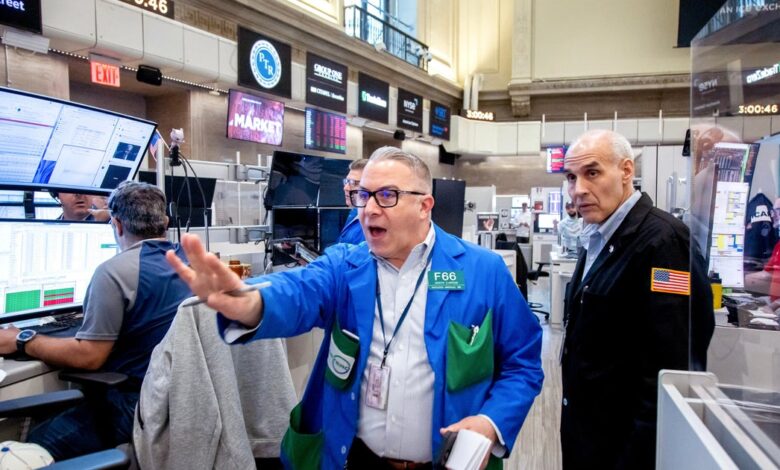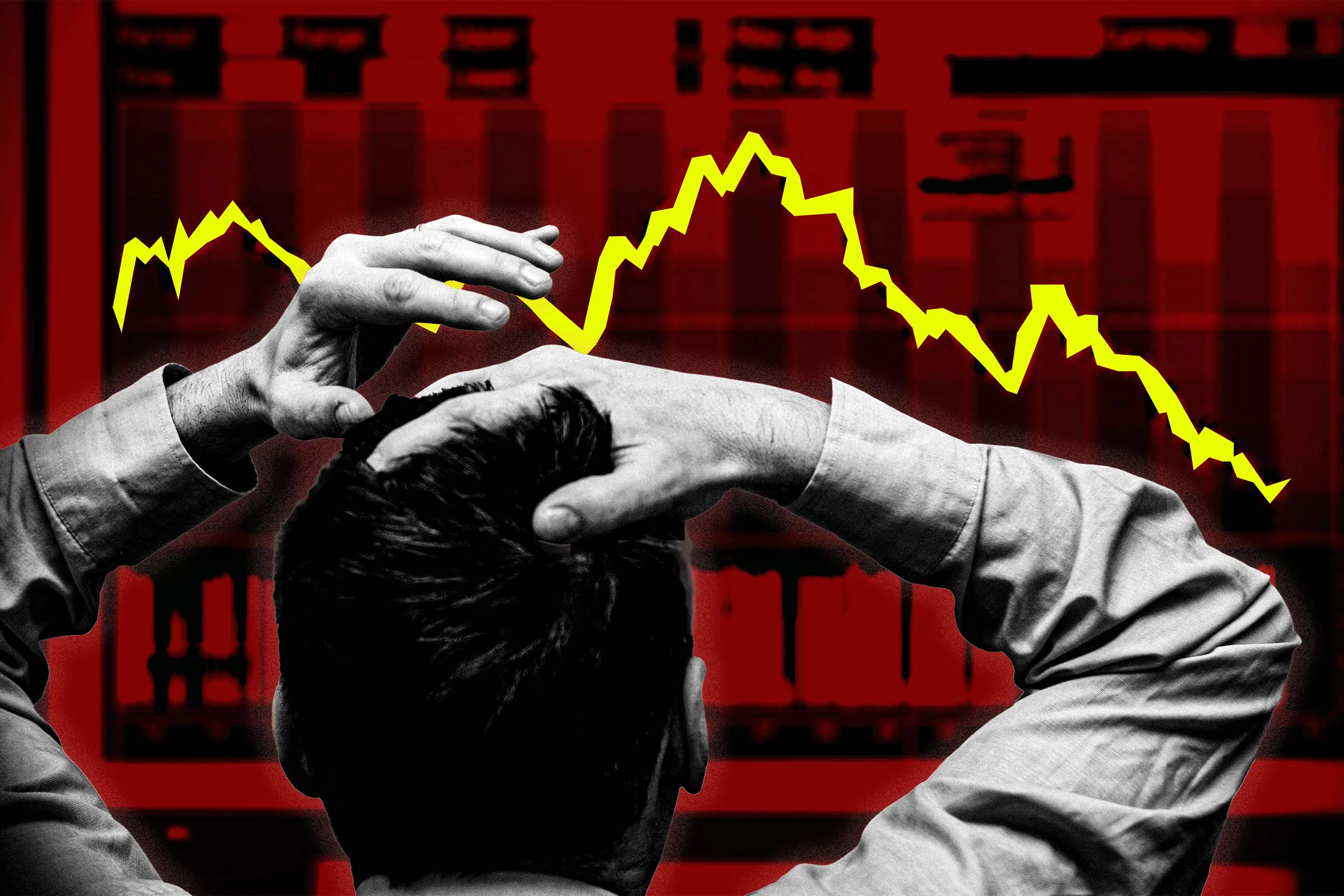Stock market whipsaws as Trump makes new China threat

The stock market experienced a tumultuous day on Wall Street as investors grappled with the threat of a U.S. recession and escalating tensions between the U.S. and China. The day started with leading indexes plummeting, only to briefly rebound on reports of a potential tariff freeze by President Trump. However, the roller-coaster ride continued as stocks took another dip in the afternoon.
The S&P 500 ended the day down 12 points, the Dow Jones Industrial Average fell by 349 points, and the Nasdaq Composite managed to eke out a small gain. Equity analyst Adam Crisafulli cautioned investors against reacting to every headline, emphasizing the need to avoid getting caught up in the noise.
President Trump’s threats against China further fueled market uncertainty, as he warned of imposing additional tariffs if China did not withdraw its retaliatory import fee. This escalation in trade tensions added to the already existing concerns about the impact of tariffs on economic growth and inflation. Goldman Sachs economists raised the odds of a recession to 45%, citing the growing policy uncertainty and declining confidence in the market.
Last week, the announcement of global tariffs by President Trump sent markets into a tailspin, resulting in the biggest two-day drop in the S&P 500 and Nasdaq since 2020. Overseas markets also suffered losses, with Hong Kong’s Hang Seng, Taiwan’s Taiex, Tokyo’s Nikkei 225, and other indices experiencing significant declines.
In Europe, markets were also affected, with Germany’s DAX, Paris’ CAC 40, and Britain’s FTSE 100 all recording losses. The future of equity prices remains uncertain, with market sentiment heavily influenced by President Trump’s decisions regarding tariffs. Investors are closely watching for any signs of a potential resolution to the trade dispute that could ease market volatility.
As the market continues to navigate through these uncertain times, investors are advised to remain cautious and avoid making impulsive decisions based on short-term fluctuations. The impact of trade tensions and the looming threat of a recession highlight the importance of staying informed and adopting a long-term investment strategy.




